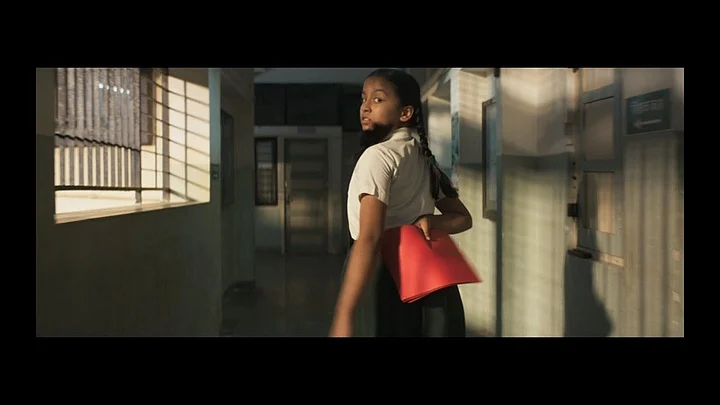Periods are a taboo — not was, they still are. Perhaps, it is not so much of a stigma in urban and suburban India. But in rural areas of the country, a woman’s menstrual cycle still dominates and decides her today and tomorrow.
It begins with hushed conversations at home, discriminatory practices adopted by the family, and shameful stares at a local pharmacy or convenience store. A woman is “othered” when she is on her period- from forbidding her to pray, confining her within a room, to limiting her daily routine. And we must not blame the family alone. The community is equally responsible. Even today, in some areas, girls hesitate to visit their local chemists or pharmacists to buy sanitary products. Lack of awareness around the importance of menstrual health and hygiene management means that over-the-counter vendors are often insensitive in their interactions. Reports of such stigma abound and include stories of store owners wrapping sanitary products in black plastics to mocking girls when explaining alternate choices.
But the period story in India is far more nuanced and a multi-layered socio-economic problem. According to the National Family Health Survey, of the 335 million menstruators, only 36 percent use sanitary napkins. Many women still resort to harmful choices that include using dirty rags, ash, mud, leaves, and soil to manage their monthly flow. Girls, therefore, are forced to skip or drop out of school post-puberty.
Whisper is determined to #KeepGirlsInSchool and through their latest film, they are increasing awareness about need for menstrual education and awareness. The titular campaign film, The Missing Chapter, is a powerful reminder for the audience, illustrating how lack of period education leads to a girl missing school, and this situation is exacerbated by the absence of timely period education in Indian textbooks.
Conceptualized by Leo Burnett, the film is set in an all-girls school and features young girls who pass a mysterious slip of red paper. Slipped under classroom doors, packed in lunchboxes, and tossed around the playground, it contains vital information which many young girls miss. It eventually makes the rounds at a school assembly as well. One of the girls is caught with the paper and is forced to step forward to declare its contents. It is now revealed to the audience that the paper actually contains information pertaining to periods.
The film ends on a poignant note with a series of questions raised by this girl. She states that if they suspend her for sharing her knowledge about periods, she will miss school only for a few days. But many other girls who do not learn or know about these facts will drop out entirely. The film hits the nail on its head, drives home the message around the vitality of period education and highlights the campaign's importance. It is a stark and painful reminder that sometimes a simple piece of information can completely change a child's life.
The film is a nostalgic trip down memory lane as it reminds us of the innocent games at PT classes, the disciplined assembly sessions, and the happiness of shared lunches. It reminds us of school, and in doing so, it is a wake-up call for the audience. It urges them to understand that girls should not miss out on the most important chapter of their lives, their school.
School and proper education are the pivotal chapters in the story of equal representation and financial independence for women. They should not miss it under any circumstances. Whisper’s latest ‘The Missing Chapter’ film is part of their #KeepGirlsInSchool movement. It aims to reduce overall dropout rates amongst young girls by delivering period education, information on menstrual hygiene management, and access to menstrual products.
The missing chapter initiative was read out on live TV in between primetime shows on regional news channels in West Bengal and Tamil Nadu. It was also carried in print editions of regional newspapers. Whisper has worked with regional artists to create powerful wall paintings in more than 25 regional styles to help girls understand menstrual hygiene. And in their sustained effort they have educated over 5.4 crore girls on puberty and menstrual hygiene and provided them access to free menstrual products. They also distributed limited edition covers to its range of product packs.
(At The Quint, we question everything. Play an active role in shaping our journalism by becoming a member today.)
